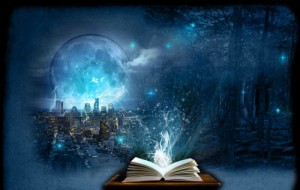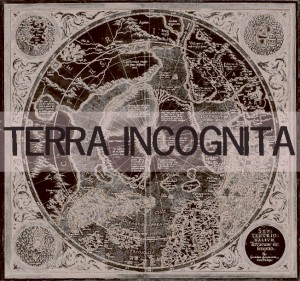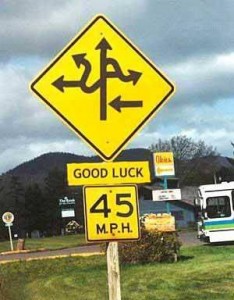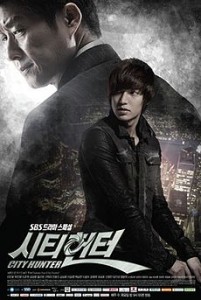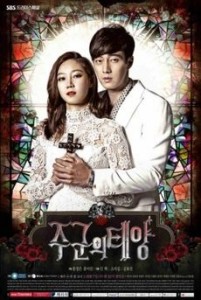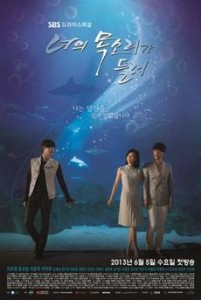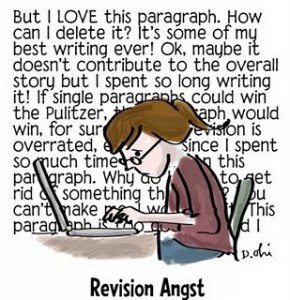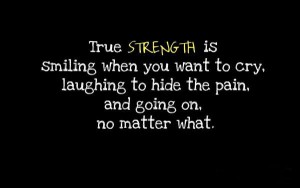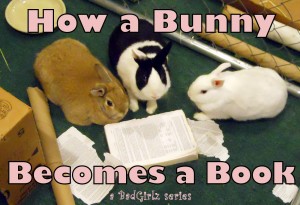Stars: 4 out of 5
I rarely read and review young adult books, but I had read Chuck’s Atlanta Burns which I also reviewed and loved it. Plus the premise of this book sounded interesting. Carnivorous corn? Dystopian society? Heck yeah! So I requested Under the Empyrean Sky from NetGalley when it became available.
I liked it. Less than Atlanta Burns, but it was still an enjoyable read. The world is interesting. Who would have thought that the world would be destroyed not by a plague or natural disaster or alien invasion but by genetically modified corn that turns carnivorous? Most of the land is covered in it. It’s so virulent that it kills all other plants, so that’s the only thing that grows anymore. And it’s not even edible to bout!
This world has a very clear separation between the have and the have nots – the Empyreans living on their floating ships sailing high above the corn and dictating their law to the few people who still live in the Heartland. The Empyreans have everything: the best technologies, the best food, the best healthcare, while the Heartlanders live on scraps that sometimes fall from the sky.
The Heartland is a bleak, hopeless world. There is no future for those born amongst the corn. The only jobs available is to grow, harvest or process the corn. Cancer and other diseases are rampant due to the highly toxic chemicals used to process corn and keep it away from the villages. There is no school, no sports, no entertainment. Even marriages are arranged by the Empyreans who send down a list of who will marry whom on Obligation day. The only way out is the Lottery that is held once a year and which gives one family a chance to relocate into one of the Empyrean flotillas. Only everyone knows that the Lottery is rigged, though it doesn’t prevent people from hoping…
Cael and his crew are salvagers. They have a glider they use to scout the sea of corn around their village for broken harvesters they can salvage for parts or anything else that could earn them a few ace notes. Cael’s dream is to become rich and famous, to build a better life for his family, to be a better man than his father whom he sees as weak and incapable of providing for his sick wife and his children.
Even though I found Cael’s narrative to be a bit too angry at times, I could understand it and even empathize a little: I still remember how it feels to be a teenager in full rebellion. Everything is either good or bad, black or white. There are no shadows or demi-measures. Cael is at that age when he is at odd with the rest of the world. He thinks that adults don’t understand him. He doesn’t want to conform to their rules. He wants the freedom to find his own path. The fact that his crew is the ultimate underdog in this town doesn’t help either. No matter what they do, it ends up in disaster. All their small victories morph into failures and things go from bad to worse.
So yes, I understand why he is angry, but this is also something that didn’t sit quite right with me and why I gave this book only 4 out of 5 stars. Since we see the world through Cael’s eyes, all the bad people are horribly bad, with no redeeming qualities. The Empyreans are painted in such thick dark colors that they could be demons feasting on poor Heartlanders’ souls for all I know. I find that a bit heavy handed. I like my worlds to be more nuanced and my villains to be a little less of a caricature and a little more real. Real people have both good and bad in them, and they can do bad things for entirely honorable reasons.
But other than that, I did enjoy Under the Empyrean Sky quite a lot and I would definitely recommend it. And I will certainly read the next book in the series.
PS. I received a free copy of this book from NetGAlley.


